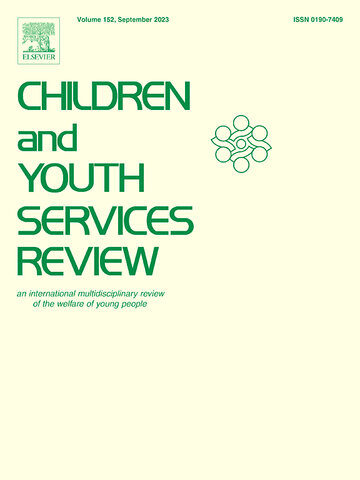Highlights:
- This study examined teenage parenthood and incarceration based on initial placement in kinship or non-relative family foster care.
-
Using a longitudinal, linked administrative dataset and serial mediation, initial placement setting was not linked to young adult outcomes directly.
-
However, initial placement setting was associated with foster care experiences, which in turn were related to teenage parenthood and incarceration.
Abstract:
Despite longstanding policy preferences favoring kinship care placements over non-relative family foster care placements, research findings on the benefits of kinship care vary by measurement, assessed outcome, follow-up period, and other study design elements. The authors examined early adulthood outcomes—incarceration and teen parenthood—among WI youth who entered foster care in early-to-middle childhood (ages 5–10). Results suggest that initial placement in kin or non-relative kinship care was not significantly related to imprisonment or teenage parenthood directly; however, first placement in kinship care is associated with fewer moves, longer duration in care, and a higher probability of a new maltreatment investigation, which in turn is related to long-term outcomes. Further, a new maltreatment investigation was an important mediator and was significantly associated with a higher probability of incarceration and teenage parenthood.
This study provides mechanisms on the ways in which first placement setting influences incarceration and teenage parenthood. Findings provide important policy and practice implications on how children’s experiences in foster care, based on their initial placement type, can lead to maladaptive outcomes.

